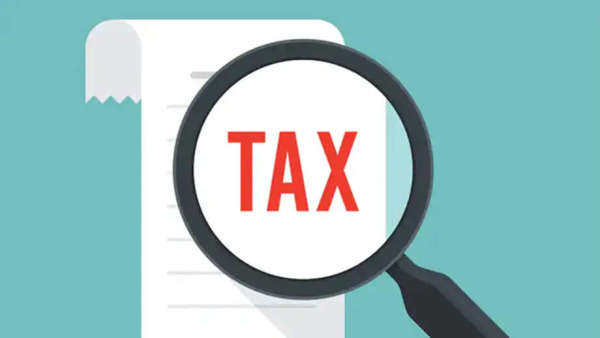
New Income Tax Rules: The Income Tax Department is now going to be more strict about tax evasion, which can scare you. In fact, from April 1, 2026, in case of tax evasion, the Income Tax Department will have the legal right to hack and access your social media account, personal email, bank account, online investment account, and trading account. If they suspect that you have evaded income tax or they feel that you have any undeclared income, money, gold, jewelry, expensive goods, or property, on which you have not paid the applicable income tax as per the Income Tax Act, 1961, then they can do so.
What will change in the New Income Tax Bill?
They will get this right under Section 132 of the Income Tax Act 1961, which allows the Income Tax Department to search and seize the properties, documents, and accounts of any suspicious person. In simple words, in the New Income Tax Bill, the department will have the right to seek access to the digital assets of taxpayers.
Now digital properties will also come under the scope of investigation.
Under the new Income Tax Bill, officials will also have access to your computer system or virtual digital space. This means that if the authorized officer suspects that you are deliberately evading income tax, then he can break into your computer system, email, or social media account. How will this affect you? Let us know.
What changes in the new Income Tax Bill implement it?
According to the definition of virtual digital space in the Income Tax Bill, a person's social media accounts, bank accounts, trading accounts, investment accounts, and emails directly come under it.
Under the new Income Tax Bill, virtual digital space includes:
Email servers
Social media accounts
Online investment accounts, trading accounts, banking accounts, etc.
Any website used to store ownership details of any asset
Remote servers or cloud servers
Digital application platforms
Clause 247 of this bill states that the authorized officer "may gain access to undisclosed income, documents or assets by overriding the access code of a computer system, or virtual digital space." That is, if there is a suspicion of tax evasion, income tax officers can bypass the passwords of your digital accounts, override security settings, and unlock files and data. The new Income Tax Bill gives them the right to do all this.
Under the bill, the authorized officers come under the purview of "authorized officers"-
Joint Director or Additional Director
Joint Commissioner or Additional Commissioner
Assistant Director or Deputy Director
Assistant Commissioner or Deputy Commissioner
Income-tax Officer or Tax Recovery Officer
What new rights will the officers have from April 1, 2026?
Income-tax officers will be able to investigate the social media, emails, online investments, crypto accounts, and other digital finance platforms of the suspect. Officers will be able to search and seize computers, smartphones, laptops, hard drives, and digital accounts. In case of non-cooperation in the investigation, officers can bypass passwords, override security settings, and unlock files and data. The new Income Tax Bill gives them the right to do all this.
Which taxpayers will be subject to this rule?
Don't panic... The new rule will not apply to all taxpayers. This rule will apply only in cases where the officials suspect tax evasion or undeclared assets. Under Clause-247 of the New Income Tax Bill, only some officials will have this right. That is, only authorized officers will be allowed to access digital data.
What has changed in the rules between before and now?
At present, Section 132 of the Income Tax Act, of 1961 allows officers to conduct searches, and seize property and documents. Under the new Income Tax Bill, they will now have the right to break into your computer system or virtual digital space as well. That is, under the current rules, officers can seize documents, bank accounts, laptops, or hard drives during raids, but they do not have direct access to digital data. But now the new law will remove this shortcoming and give more power to the officials.
The government gave this clarification on the new bill.
In response to a question asked in the Rajya Sabha, Union Minister of State for Finance Pankaj Chaudhary clarified that income tax officials are not allowed to access taxpayers' personal information such as emails, social media accounts, or bank accounts without legal process. Officials can access the data only when they follow the prescribed legal process.
What is the opinion of experts on the new bill?
There is fear among taxpayers that from April 1, 2026, the Income Tax Department will be able to monitor their emails and social media. On this, most tax experts say that all taxpayers do not need to panic, this rule will apply to those who are suspected of tax evasion, but clear rules and limits should be set for such monitoring.
Disclaimer: This content has been sourced and edited from NDTV India. While we have made modifications for clarity and presentation, the original content belongs to its respective authors and website. We do not claim ownership of the content.